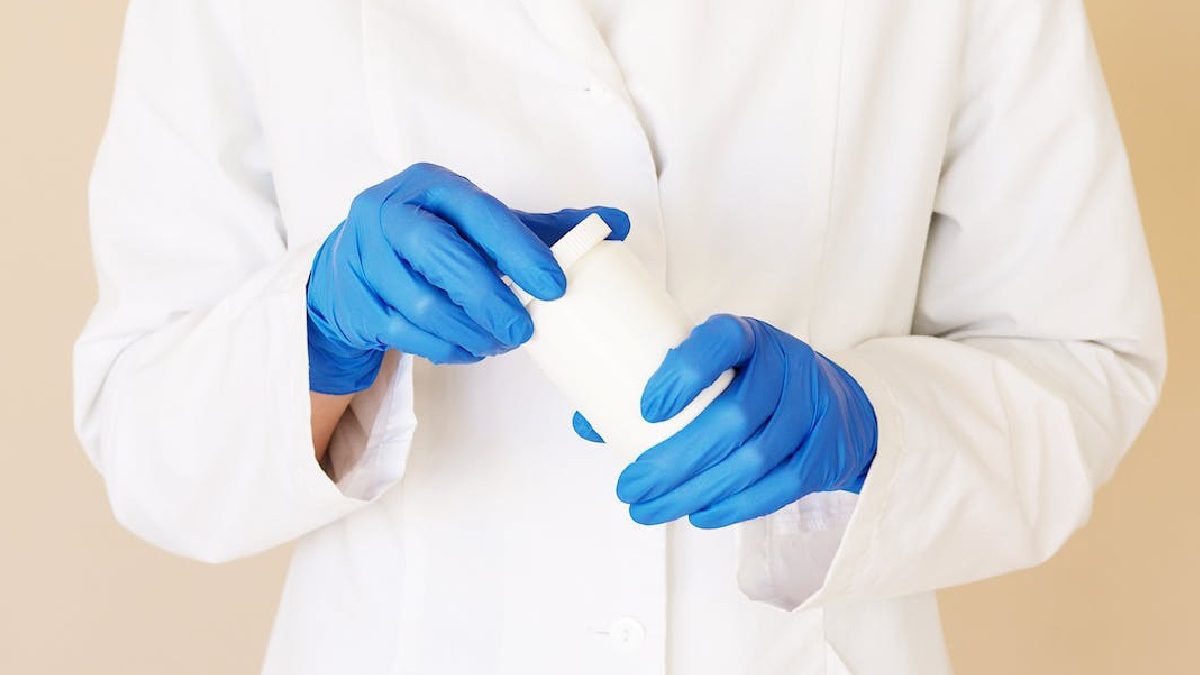Things to Know About Your FSA – Your employer has offered you a flexible spending account (FSA) in your benefits plan. An FSA allows you to set aside funds on a pre-tax basis to help you cover medical expenses that your health insurance won’t cover. Your savings can also help you cover the medical expenses of your spouse and dependents.
Table of Contents
1. You Have to Use It or You’ll Lose It
One important thing that you should know about your FSA is that you have to use the funds you saved or else you’ll lose them. Those funds don’t roll over — this is a feature that differentiates an FSA from a health savings account (HSA). An HSA will let your balance roll over into the next year, allowing you to keep building up your savings year by year. Unfortunately, you can’t have an FSA and an HSA at the same time.
With an FSA, you have an entire year to spend the savings in your account on medical expenses. So, if you have an FSA and the New Year is approaching, you have a short window to use the remaining balance in your spending account.
Your FSA may offer a grace period where you can use some unspent savings into the new calendar year. After that grace period, any remaining funds will disappear. The IRS sets the maximum grace period at 2 months and 15 days. Check with your employer to see how long your plan’s grace period will last.
2. There Are Contribution Limits
You can’t make unlimited contributions to your FSA. There are annual limits that you and your employer will have to comply with. In 2022, the contribution limit was $2,850. In 2023, the Internal Revenue Service announced that the contribution limit will be $3,050. If you’re married and your spouse also has an FSA, you can reach the limits in both accounts.
3. It Shouldn’t Replace an Emergency Fund
Your FSA can come in really handy for managing all sorts of medical expenses, especially unexpected ones. If you suddenly have to purchase antibiotics to recover from a bad infection or you need to pay for emergency dental treatment, the savings in your FSA will come in handy.
While it can come in handy, it should never be considered a replacement for an emergency fund. After all, the funds in your FSA will be useful for non-emergencies, like eye exams, prescription glasses and even menstrual products. The funds in your FSA are also meant to be used up — by the end of the year, it won’t be much of a safety net for emergencies.
Without an emergency fund, you might find yourself in a tricky spot when you have an urgent medical expense and not enough in your FSA to cover it. You’ll have to find an alternative payment method to handle an urgent medical expense. You could use a credit card to cover the expense, or you could try to apply for personal loans in your state of residence. With an approved personal loan, you could use borrowed funds to cover the medical expense in a short amount of time. Once you resolved the emergency, you could repay the personal loan through a steady billing cycle.
Ideally, you should have a sizable emergency fund sitting in a savings account. You’ll be thankful to have it when you need to cover an urgent medical expense when your FSA is low — or worse, empty.
You should know these facts about your FSA! They’ll help you spend and save better.

